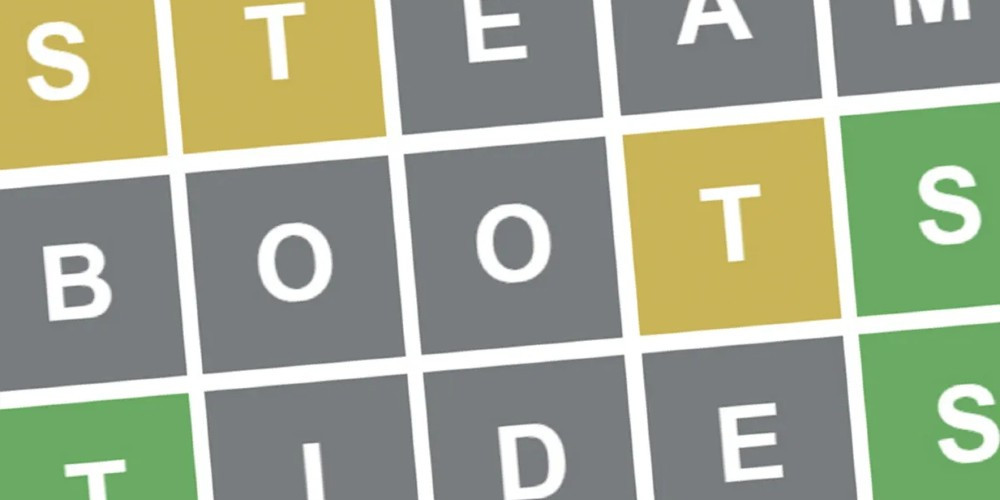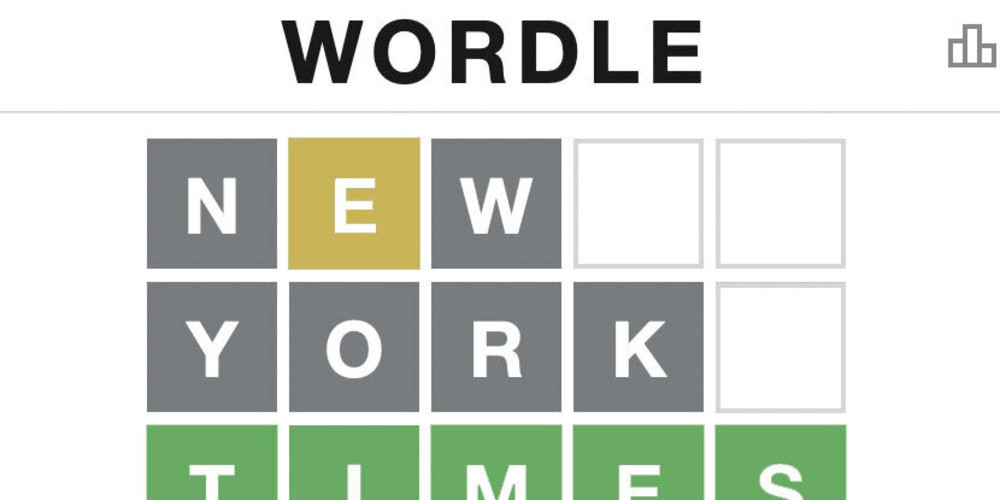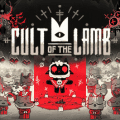Revolutionizing the Puzzle: How Wordle Sparked a New Gaming Trend

The gaming landscape is continually evolving, with each era marking the advent of a genre that captivates the masses. Among the myriad of game types, puzzle games hold a special place, offering a blend of challenge and entertainment that appeals to a wide audience. However, the recent surge in the popularity of a simple yet ingenious game called Wordle has signaled a significant shift in this domain. This phenomenon has not only captured the hearts of millions worldwide but has also paved the way for a new type of puzzle game, influencing the gaming industry in unprecedented ways.
The Wordle Wave: A Fresh Take on Puzzle Gaming
The essence of Wordle lies in its simplicity and accessibility. Launched in October 2021 by software engineer Josh Wardle, the game presents players with the challenge of guessing a five-letter word within six tries. The feedback for each guest is provided through color-coded tiles, indicating when letters match or occupy the correct position. What sets Wordle apart is not just its gameplay but its social aspect—players are encouraged to share their results without spoilers, creating a shared experience that has fueled its viral spread.
This novel approach has not only reinvigorated interest in word puzzles but has also demonstrated the potential for minimalist design in creating engaging content. The daily reset of the puzzle adds a layer of anticipation and routine that has managed to keep players coming back for more, a testament to the game's clever design.
Innovating Puzzle Design: Beyond Wordle
In the wake of Wordle's success, the gaming industry has seen an influx of games that borrow from its core principles while introducing unique twists. These games have expanded on the concept of simple, social puzzle solving, exploring new themes and mechanics. For instance, some games have introduced puzzles that require players to solve math problems, decode ciphers, or even guess musical notes. This diversification has not only enriched the genre but has also made puzzle games more accessible to a broader audience, each with their unique tastes and interests.

Moreover, the success of Wordle word games has highlighted the importance of community and sharing in enhancing game engagement. Many of these new titles have integrated social sharing features, allowing players to compare results and engage in friendly competition. This aspect of game design, prioritizing connectivity and shared experiences, has become a significant trend in the development of new puzzle games.
The Impact on the Gaming Industry
The "Wordle effect" has undeniably had a considerable impact on the gaming industry, changing how developers approach game design and marketing. The viral nature of Wordle has shown that simplicity and shareability can be as effective as high-end graphics and complex narratives in creating a hit game. This has encouraged developers, especially independents, to experiment with minimalist designs and focus on crafting compelling gameplay mechanics over graphical fidelity.
Additionally, the game has demonstrated the potential for daily or regularly updated content to drive engagement and retain player interest. This model has been adopted by various developers looking to replicate Wordle's success in creating a routine for players that keeps them engaged over long periods.
Looking Ahead: The Future of Puzzle Games
As the gaming industry continues to evolve, the influence of play Wordle and its successors on puzzle game design is expected to persist. The emphasis on simplicity, shared experiences, and daily engagement represents a shift in how games are crafted and consumed. Future titles may continue to explore these elements, pushing the boundaries of what a puzzle game can be.

Additionally, the incorporation of innovative technologies like augmented reality (AR) and virtual reality (VR) presents intriguing opportunities for the field. These technologies could elevate the immersive experience of puzzle solving, creating new opportunities for innovation and creativity in game design. As de velopers and players alike embrace these changes, the puzzle game genre is poised for a vibrant and dynamic future.
In conclusion, Wordle for today emergence as a cultural phenomenon has sparked a new wave of puzzle games that emphasize simplicity, social connectivity, and daily engagement. This shift has not only revitalized the genre but has also influenced the broader gaming industry, encouraging innovation and experimentation. As we look forward, the future of puzzle games appears bright, with endless possibilities for evolution and growth.
Latest posts
See more-
![The Last of Us Part II: In-Depth Character Analysis and Storyline Exploration]() Editor’s Choice
2024-08-11
The Last of Us Part II: In-Depth Character Analysis and Storyline Exploration
The Last of Us Part II is an action-adventure video game that has gained significant popularity since its inception. Developed with immense creative prowess by...
Editor’s Choice
2024-08-11
The Last of Us Part II: In-Depth Character Analysis and Storyline Exploration
The Last of Us Part II is an action-adventure video game that has gained significant popularity since its inception. Developed with immense creative prowess by...
-
![CrossCode Developer Announces Alabaster Dawn, Enters Early Access in Late 2025]() News
2024-08-12
CrossCode Developer Announces Alabaster Dawn, Enters Early Access in Late 2025
In 2021, Radical Fish Games initially introduced a new action RPG titled Project Terra. Now, they have officially named it Alabaster Dawn and announced that...
News
2024-08-12
CrossCode Developer Announces Alabaster Dawn, Enters Early Access in Late 2025
In 2021, Radical Fish Games initially introduced a new action RPG titled Project Terra. Now, they have officially named it Alabaster Dawn and announced that...
-
![Alabaster Dawn Planned to Have 30-60 Hours of Playtime, Demo Launching in Early 2025]() News
2024-08-13
Alabaster Dawn Planned to Have 30-60 Hours of Playtime, Demo Launching in Early 2025
Radical Fish Games has made an exciting announcement regarding their upcoming action RPG, Alabaster Dawn, which is set to enter early access in 2025. In...
News
2024-08-13
Alabaster Dawn Planned to Have 30-60 Hours of Playtime, Demo Launching in Early 2025
Radical Fish Games has made an exciting announcement regarding their upcoming action RPG, Alabaster Dawn, which is set to enter early access in 2025. In...
Latest Reviews
See more-
![]() Action
Cult of the Lamb
Action
Cult of the Lamb
-
![]() Action
WILD HEARTS™
Action
WILD HEARTS™
-
![]() Casual
Gacha Club
Casual
Gacha Club
-
![]() Action
Call of Duty®: Warzone™ 2.0
Action
Call of Duty®: Warzone™ 2.0
-
![]() Action
Gacha Cute
Action
Gacha Cute
-
![]() Action
Cuphead - The Delicious Last Course
Action
Cuphead - The Delicious Last Course










